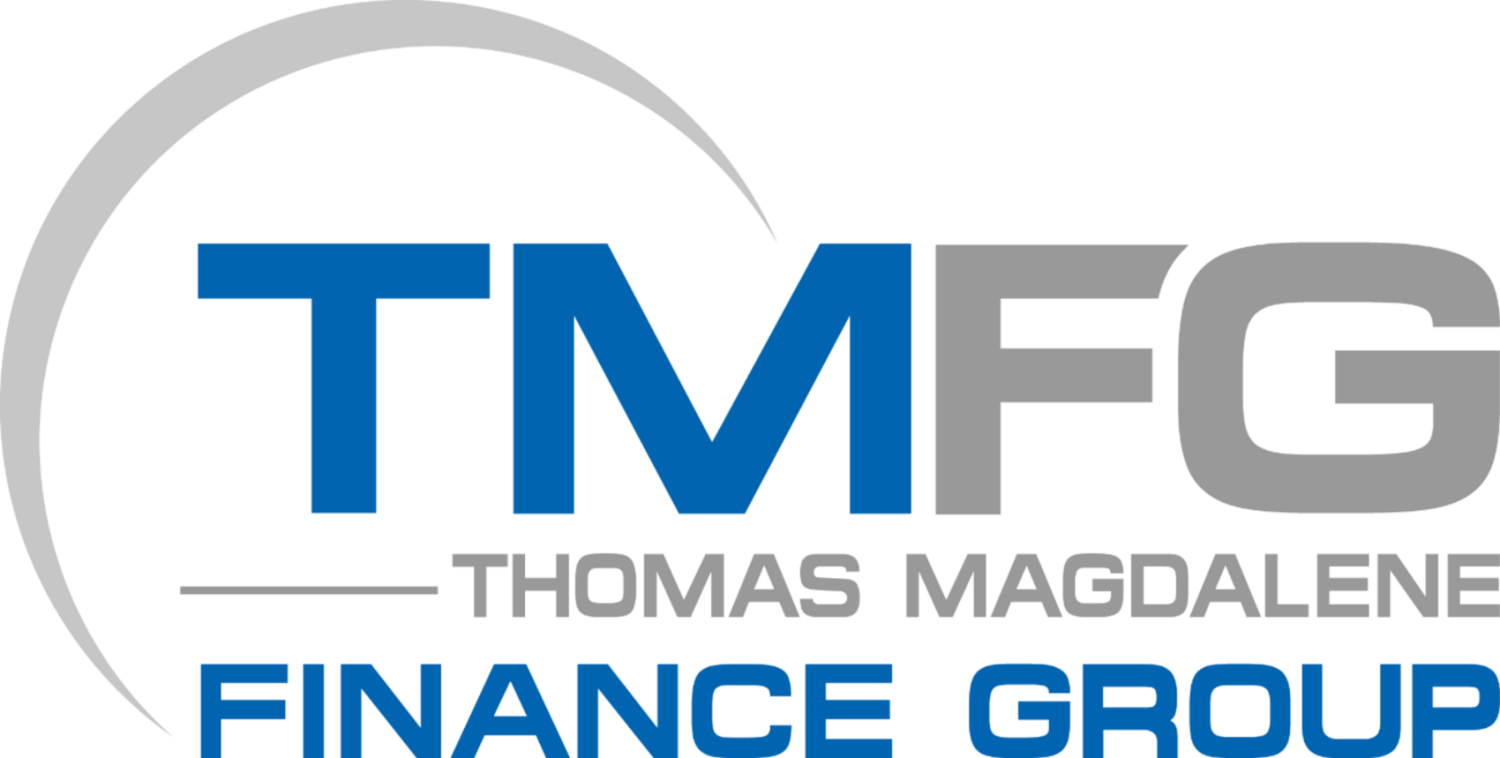We get asked so often about equity and how to access it—particularly to buy investment property, so we’ve put together a simple outline for you.
You’re not alone if you’re asking, ‘What the heck is equity’
The word gets thrown around a lot, but the truth is, so many homeowners not only don’t know what their equity is, but they also don’t fully understand the concept of equity.
Equity is the difference between the current market value of a property and what is still owing on the loan. When you purchase a property, you will typically have a deposit saved up to put toward the purchase. To begin with, that is your equity.
Let’s say you borrow $400k from the bank, and you have $100k deposit. From the get-go, your equity is $100k.
Then, as you pay down your loan over time, or with external factors at play, your equity grows.
How can I increase my equity?
There are several ways to do this.
The most efficient and steady is to pay down your loan as fast as you can, lowering your loan to value ratio (LVR) will mean you *own* more of your home and that, in turn, increases your equity.
Another way for equity to increase a little more organically is by waiting for the market value of your home to appreciate. The more your property value appreciates through capital growth, the higher the percentage of the property that you own increases, which essentially means, your equity has increased. We’ve seen some people get lucky this way as it can happen very quickly, but, it really depends at what point you enter the market and the property cycle. Sadly, it’s not always a given that your home will increase in market value organically.
Equity can also be increased by adding value to the property by way of capital improvements—extensions, renovations, structural or non-structural, updates. The updates you make to the home you’re renovating need to increase the market value of the property to ensure your equity rises. This can take some homework, knowing what the market is looking for, understanding the value of the changes you’re investing in and how much it will cost you. Evaluating whether the cost is worth the time and the outcome. Many tradespeople take this route as they already have so much knowledge around costings, not to mention they can save a lot if they do the labour themselves.
I am pretty sure I have some equity now, how can I access it?
Talk to us!
To access equity, you first need to speak to us. We can assess how much equity you currently have and your plans for further property investment.
Let’s say your current home has a market value of $1M, which essentially means it had a lending value of $800,000—remembering that banks will commonly lend up to 80% against a residential property. If your current Mortgage is $600,000, then this places you with up to $200,000 in available equity (naturally, this is subject to standard lending terms and conditions!)
Example 1
Current Market Value
$1,000,000
80% of Current Market Value
$800,000
Less Current Home Loan
$600,000
= Available Equity
$200,000
If you’re thinking about purchasing investment property using your equity, we’d advise you to speak to your accountant before structuring loans. There are various tax implications and benefits to consider which might cost you down the track.
Be very careful…
It’s important to know, however, equity is not “free money”, it’s different to drawing from an offset account, or redrawing. When releasing equity, you are borrowing these funds and taking another loan. This Loan will have Terms and Conditions just like any other Mortgage.
Let’s say you’ve taken some investment advice and you’re ready to buy an investment property for $500,000. and you’d like to take an investment property loan to help you with the purchase. Upon the advice, you decided you’d like to access some of the equity in the above example to buy the property, rather than using your savings. In the example below, the applicants are borrowing the full purchase price of $400K against the lending value and $100,00 of the available equity from Example 1. Applicants may choose to add the stamp duty and govt fees to the equity release loan, or cover these using their own funds.
Example 2
Purchase Price
$500,000
80% of Purchase Price
$400,000
Equity Required to Complete the Purchase
$100,000
Stamp Duty & Govt Fees VIC
$ 26,500
The last word: Is it all worth it?
If you have equity in your current home loan and you are contemplating building your investment property portfolio, it is definitely worth it, BUT, it’s really important to have all the (correct) info at hand before making the jump. It’s also *really good* to have a team of professionals helping you along the way.
Accountants, Buyer’s Advocates and TM Finance Group will be the trusted advisors you engage in and the difference to a successful investment leap. Step one, call us today for a no obligation chat!



